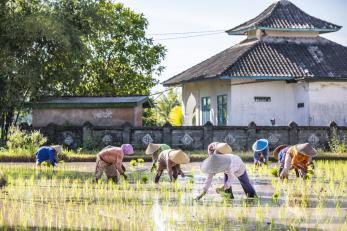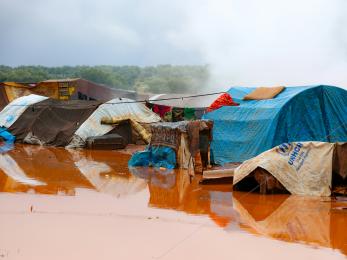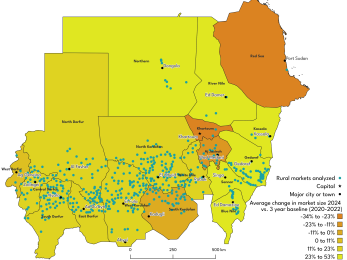Market Assessment for Agricultural Value-Chain Payments via Mobile Technology

Indonesia is an agricultural country. This fact implies that majority of Indonesia’s population is working in the agricultural sector. On 2012, the agricultural sector employed around 49 million individuals or approximately 41% of the total population are engaged in agricultural sector, the result shows that the country is outpaced by its fellow developing countries such as Malaysia and India.
The value chain system of agribusiness in Indonesia is quite complex. Type of value chain varies by region and types of crops. Approximately there are 8-10 actors involved in the marketing and distribution system in the country. Currently, value chain payments made by farmers are predominantly settled in cash. While other actors from different level of tiers prefer bank transfers, farmers purchase seeds, fertilizers and other input supplies solely via cash payment method.
Financing small farmers is one of the apparent risks of agribusiness in Indonesia. The transaction requires high costs, rendering the market undesirable and unwarranted by financial institutions and products. Meanwhile, farmers also have limited access to official financial services and have hampered proper investment in farming tools to improve their cultivation activities and productions, expand their businesses and pursue a greater business opportunities.
Mobile-value payments are reputed to be able to assist, promote agribusiness and spur investments within the value chains by providing a cheaper, more efficient, traceable and transparent payment method for high volume and low-value transaction. The development of the mobile-value payment system can additionally open-up business opportunities for buyers, traders, input dealers, financial institutions and farmers which will eventually transform agriculture as one of the sectors that plays a significant role in the economy of the country.
This study will evaluate the agriculture market for 5 types of crops; rice, maize, potato, chili and palm oil in Indonesia for mobile value-chain payments. It also assesses and analyzes the gap between farmers and value chain actors on the existing payment system and how mobile technology can benefit agribusiness and farmers in the country.

